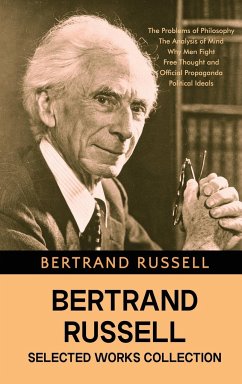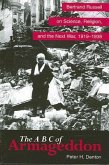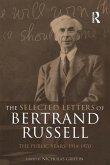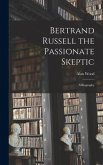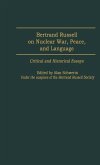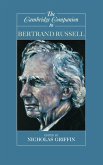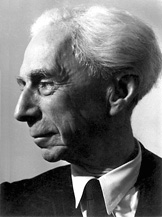Five Books in One! This collection combines five of Bertrand Russell's most recognized works into one convenient volume. Included in this book:The Problems of Philosophy The Analysis of Mind Why Men Fight Free Thought and Official Propaganda Political Ideals In The Problems of Philosophy, Bertrand Russell attempts to create a brief and accessible guide to the problems of philosophy. He introduces philosophy as a repeating series of (failed) attempts to answer the same questions: Can we prove that there is an external world? Can we prove cause and effect? Can we validate any of our generalizations? Can we objectively justify morality? He asserts that philosophy cannot answer any of these questions and that any value of philosophy must lie elsewhere than in offering proofs to these questions. In The Analysis of Mind, one of his most influential and exciting books, Russell presents an intriguing reconciliation of the materialism of psychology with the antimaterialism of physics. Bertrand Russell unfolds his ideas on consciousness, instinct and habit, desire and feeling, introspection, perception, sensations and images, memory, words and meaning, belief, and characteristics of mental phenomenon. Throughout, he explores the mystery of the mind, and proposes that there exists a fundamental material of which both mind and matter exist. "The stuff of which the world of our experience is composed is, in my belief, neither mind nor matter, but something more primitive than either." Why Men Fight, written in response to the devastation of World War I, Why Men Fight lays out Bertrand Russell's ideas on war, pacifism, reason, impulse, and personal liberty. Russell argues that when individuals live passionately, they will have no desire for war or killing. Conversely, excessive restraint or reason causes us to live unnaturally and with hostility toward those who are unlike ourselves. In this book Russell talks about the reasons for wars. He talks about institutions that shape the life of an individual such as schools, state, marriage, churches, etc. and how they contribute to wars. And he concludes how to change the state of affairs so that wars can be prevented. Free Thought and Official Propaganda is a speech delivered in 1922 by Bertrand Russell on the importance of unrestricted freedom of expression in society, and the problem of the state and political class interfering in this through control of education, fines, economic leverage, and distortion of evidence. Political Ideals was written during the upheaval of World War I. It is, in many ways, a statement of Russell's beliefs, a declaration of the ideas that influenced his thinking on the major events of the 20th century. In this sense, it is essential reading for every student of this great philosopher. Bertrand Arthur William Russell was a British mathematician, philosopher, logician, and public intellectual. He had a considerable influence on mathematics, logic, set theory, linguistics, artificial intelligence, cognitive science, computer science and various areas of analytic philosophy, especially philosophy of mathematics, philosophy of language, epistemology, and metaphysics. He was awarded the Nobel Prize in Literature in 1950 "in recognition of his varied and significant writings in which he champions humanitarian ideals and freedom of thought."
Hinweis: Dieser Artikel kann nur an eine deutsche Lieferadresse ausgeliefert werden.
Hinweis: Dieser Artikel kann nur an eine deutsche Lieferadresse ausgeliefert werden.

